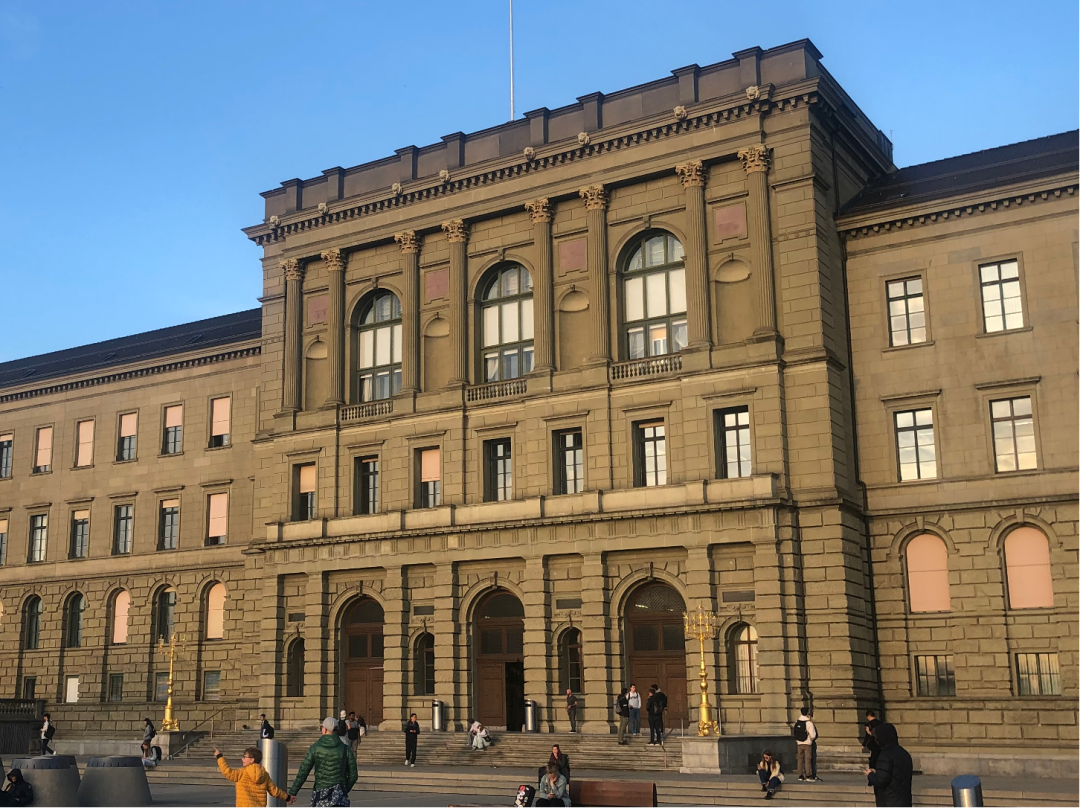
Email: choelsch@ethz.ch; connect on Linkedin
Prof Christoph Hoelscher has been a full professor of cognitive science at ETH Zurich since 2013, with an emphasis on applied spatial cognition research in built environments. Since 2016, he has been a Principal Investigator at the Singapore ETH Center (SEC) Future Cities Laboratory, heading a research group on ‘Cognition, Perception and Behaviour in Urban Environments’ and now on ‘Architectural Cognition in Practice’, with a more translational focus. He holds a PhD in Psychology from University of Freiburg, and served as honorary senior research fellow at UCL, Bartlett School of Architecture, and as a visiting Professor at the Faculty of Architecture at Northumbria University Newcastle.
Email: leonel.aguilar@gess.ethz.ch; connect on LinkedIn and Twitter
Leonel Aguilar is a Lecturer and Postdoctoral Researcher at the Cognitive Science group (COG) and the Data Science, Systems and Services laboratory (DS3), ETH Zürich. Previously he has held postdoctoral appointments at the Computational Social Science group (COSS), ETH Zurich, and the research center for Large-scale Earthquake, Tsunami and Disaster (LsETD, now CESERI) at the Earthquake Research Institute of the University of Tokyo, Japan. Leonel pursued his Ph.D. at the Computational Science and High-Performance Computing Laboratory at the University of Tokyo. Previously, Leonel held a principal Lecturer appointment at del Valle University, Guatemala in both the Mathematics and the Civil Engineering departments. His research focuses on modeling and simulating social phenomena. In the context of an emergency evacuation, he has: studied the interaction between different modes of transportation (i.e. pedestrians and vehicles), created models based on these interactions, developed and optimized software to quantify large scale human mobility using high-performance computing infrastructure such as K computer, Oakleaf/bridge, and Euler. Recently, in order to create more accurate behavioral models and simulations, he has explored the evolutionary properties of abstract agents driven by deep and shallow reinforcement learning. Additionally, he has performed VR experiments to contrast the behavior of humans with that AI-driven agents. His current aim is to bridge the techniques and experiences from the engineering of pedestrian dynamics models and simulations, the high-performance computing techniques used to compute these models efficiently, the data science and machine learning techniques used to perform knowledge extraction and create data-driven models and the experimental design and knowledge gathered in cognitive science about human behavior and decision making.
Email: raphael.baur@ai.ethz.ch; connect on LinkedIn
Published 05. Mar 2024 (Updated 1 year ago)